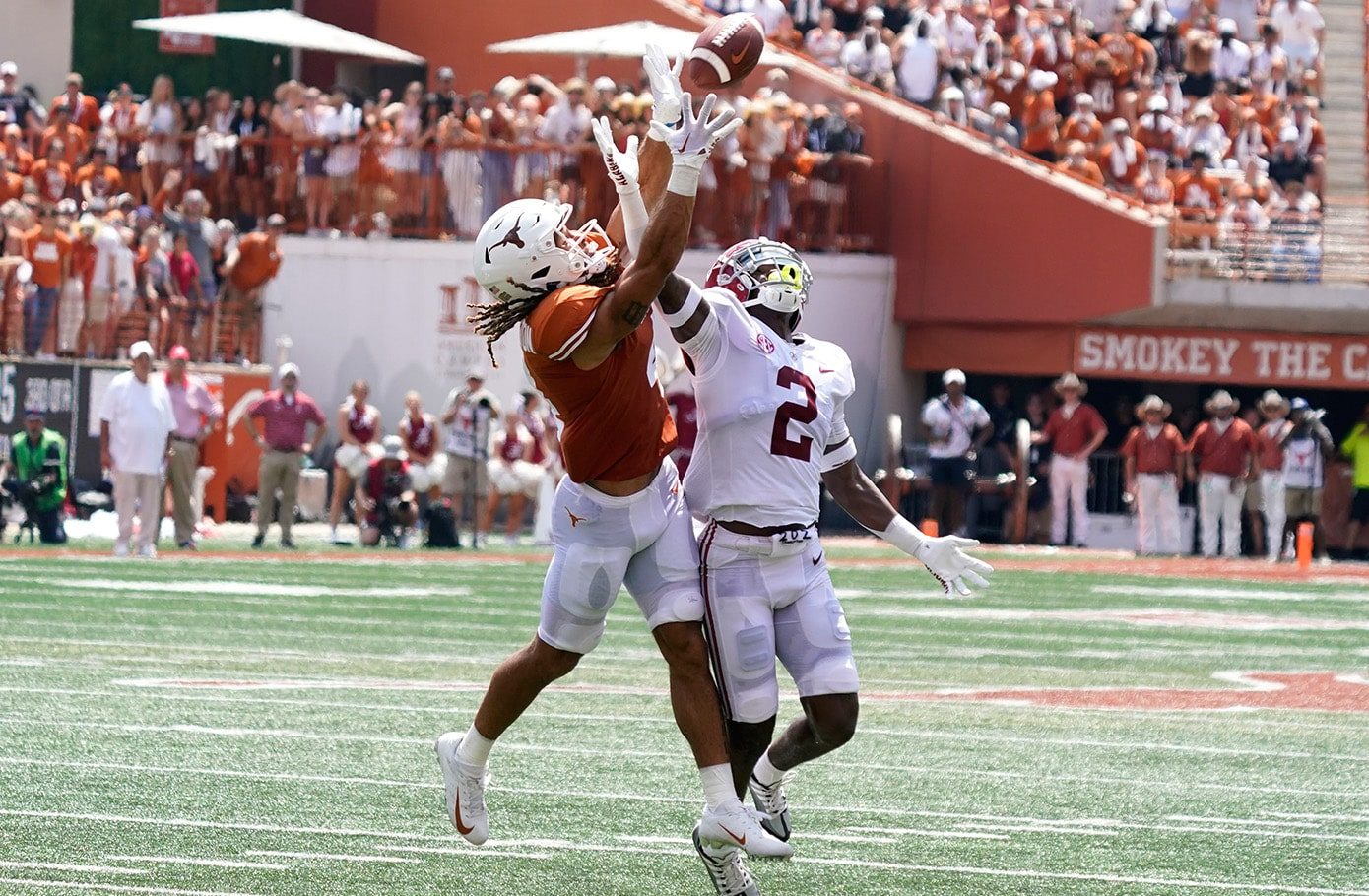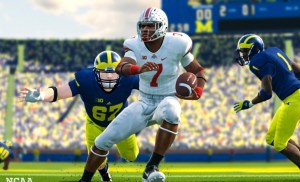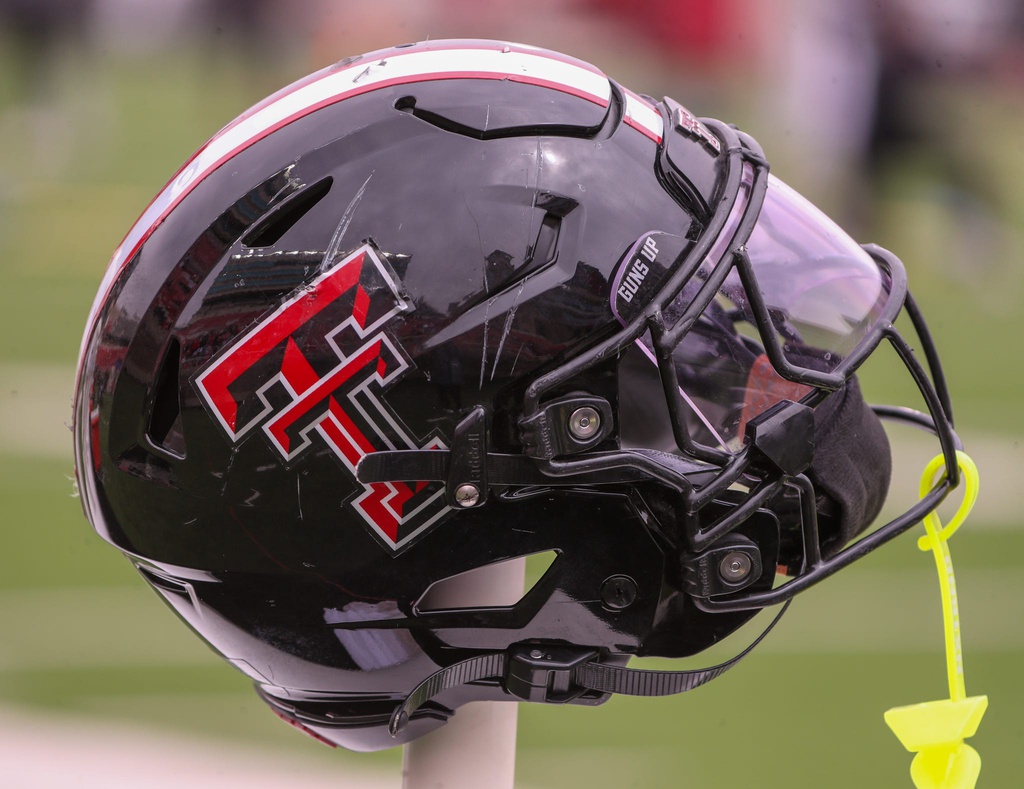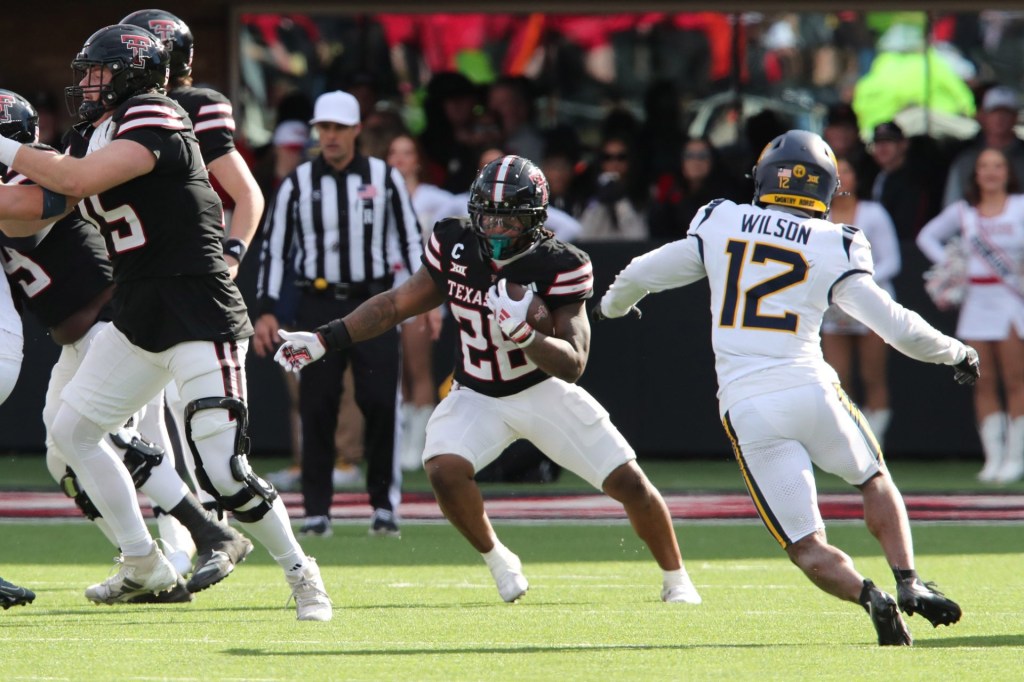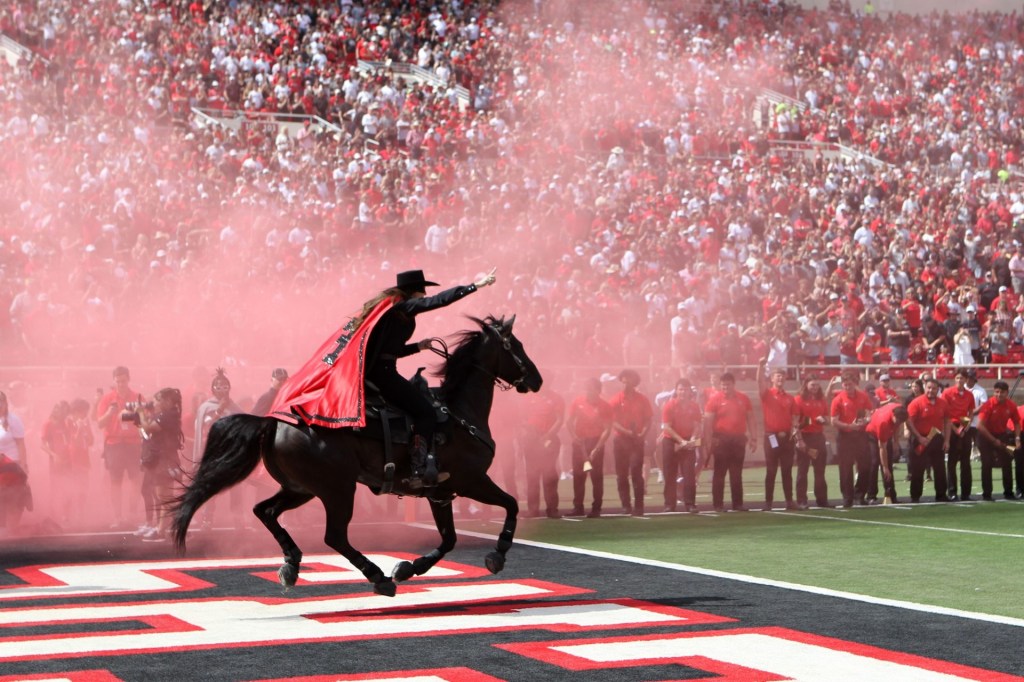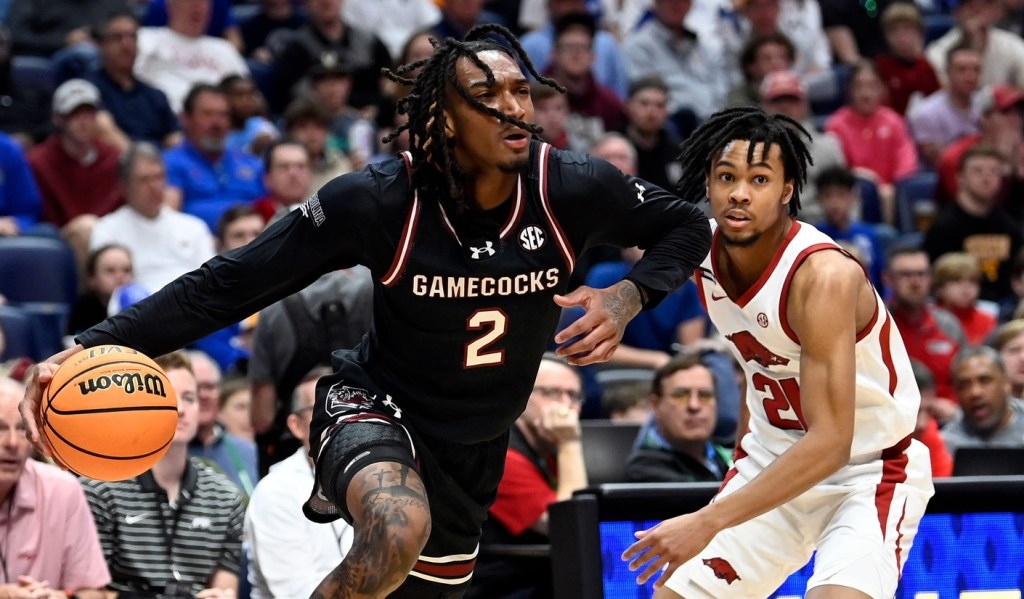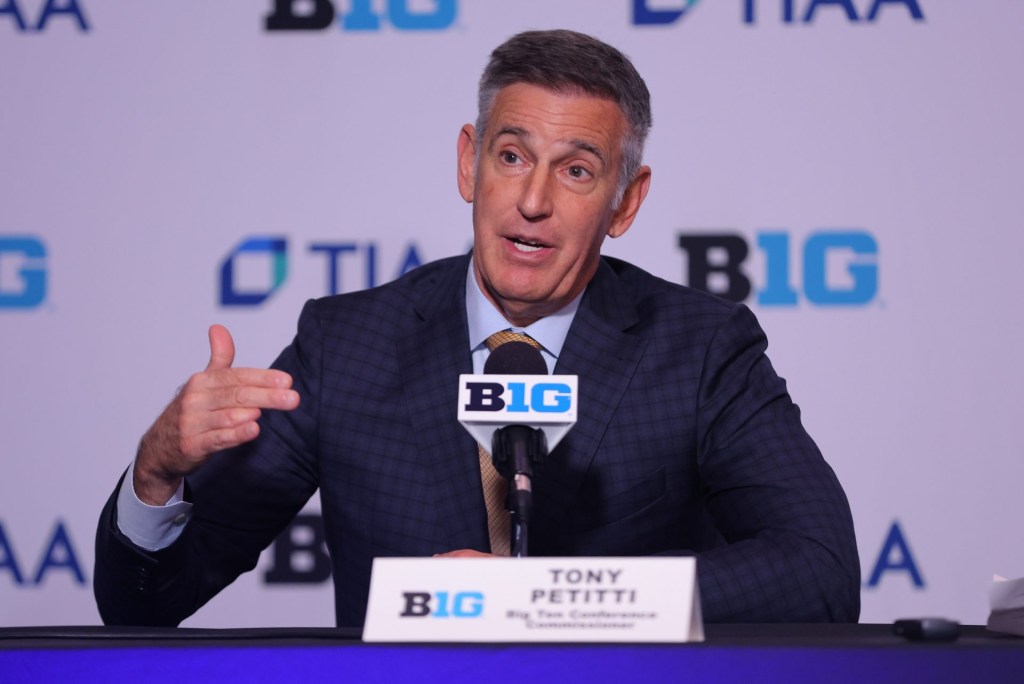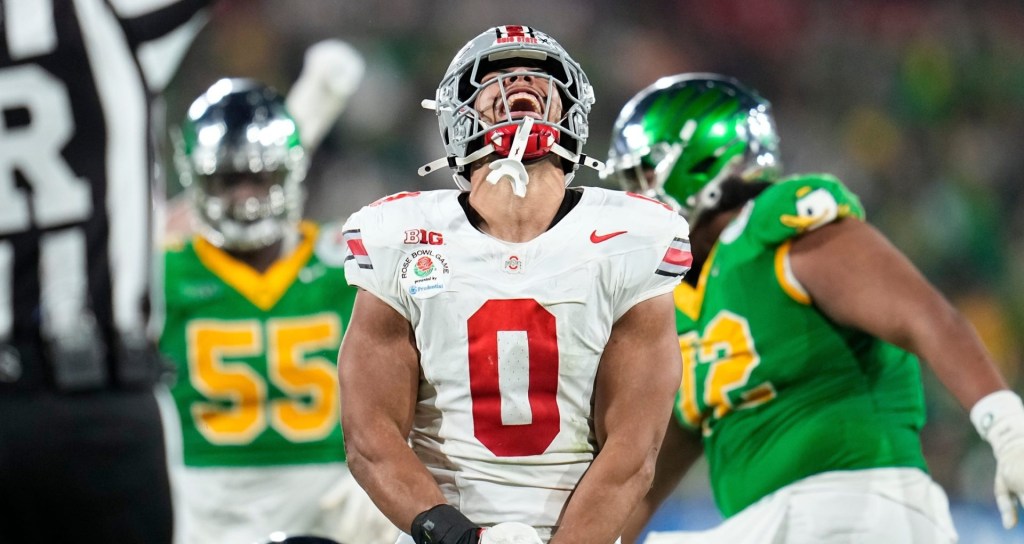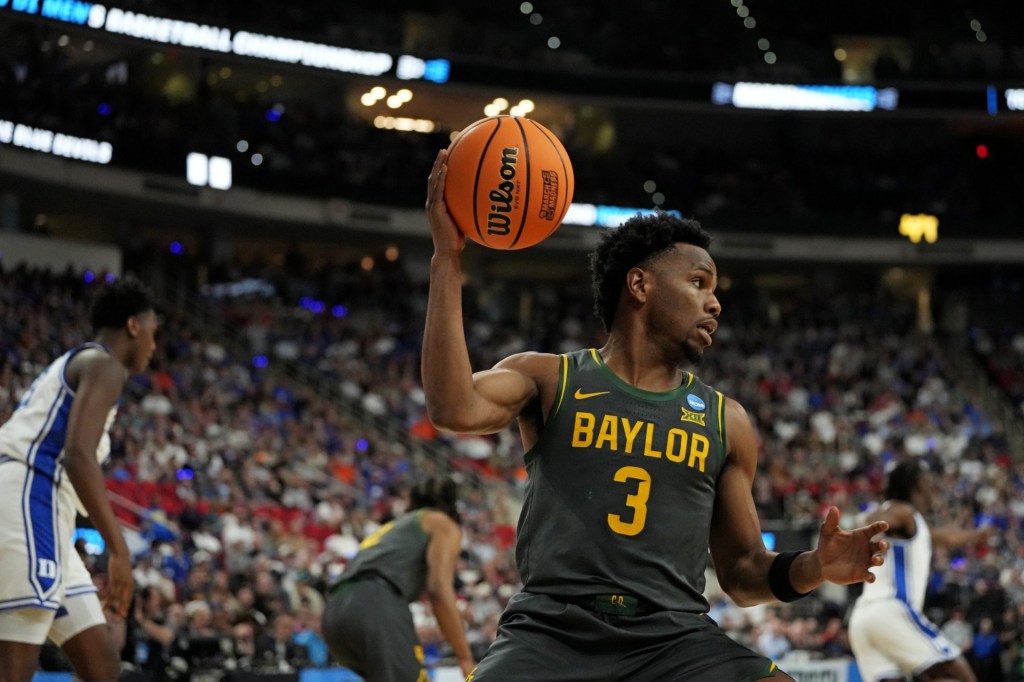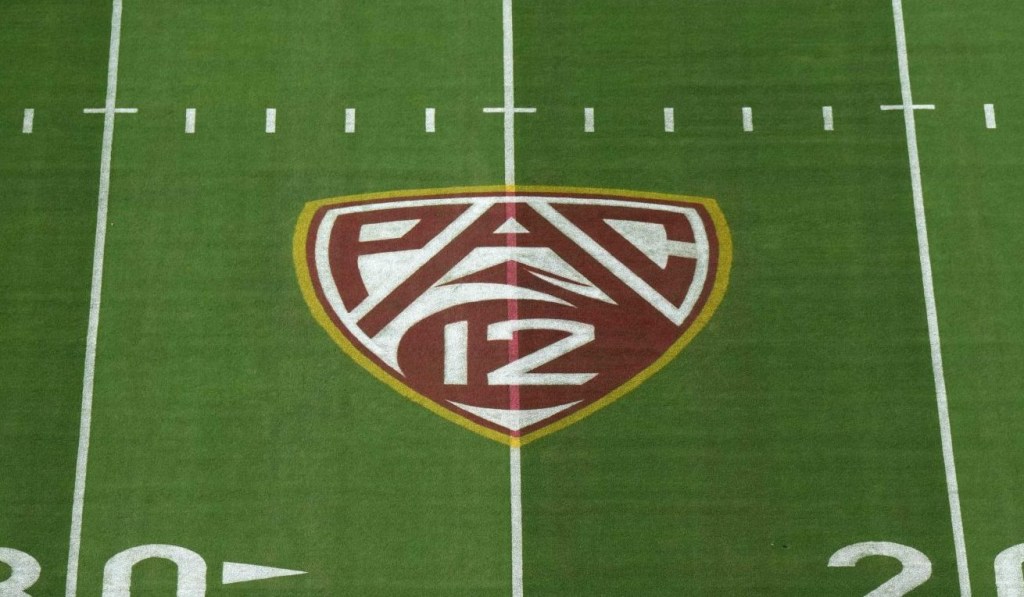On Tuesday, Electronic Arts filed a motion to dismiss the lawsuit brought against it by group licensing company The Brandr Group over its future College Football video game. In the case that the lawsuit isn’t dismissed, EA has asked the court to pause the discovery process.
There is an in-person hearing to rule on the motion on October 23rd.
Front Office Sports broke the news of the lawsuit, which The Brandr Group filed in California federal court on June 20.
The main issue in the case is who has jurisdiction to negotiate on college athletes’ behalf for the name, image, and likeness deals they would enter into to be featured in EA’s first college football game video game in a decade.
The Brandr Group alleged that EA planned to circumvent its contracts to arrange group licensing deals with 54 FBS football programs — and subsequent deals with players.
The Brandr Group also filed a motion with the court to halt EA from offering deals to athletes until the lawsuit was completed — but that motion was swiftly denied by the court.
In its first official response, EA attempted to use The Brandr Group’s own contracts to show that it does not have the power to negotiate on athletes’ behalf in this particular instance. EA called The Brandr Group’s legal arguments “nonsensical” In court documents reviewed by FOS.
The Brandr Group’s contracts to negotiate on behalf of schools and athletes are triggered with a group of athletes and a school’s intellectual property — like its logo — are used together to create a product. That type of deal is called a “group licensing” deal.
But EA says that in order to put together the College Football game, it is signing individual deals with athletes, as well as separate deals with each school through negotiations with Collegiate Licensing Company. Therefore, it says that The Brandr Group doesn’t have to be consulted. (EA previously announced it would work with a different company called OneTeam Partners to facilitate these NIL deals.)
“BrandR’s allegations of broad exclusivity contradict the plain language of the contracts BrandR attached to its Complaint,” court documents read.
In June, EA held that the lawsuit would not delay the game’s release in the summer of 2024. The company has not yet begun offering deals to players specifically, and likely won’t do so until the spring. EA has only asked that schools themselves decide whether they would want to participate.
Even if the lawsuit doesn’t delay the game, there’s still controversy over how much athletes could be paid. Reports suggested EA was planning on a one-time $500 payment for players and no royalties — an offer that multiple industry experts called far below industry standard.
The Brandr Group does not comment on matters of ongoing litigation.
